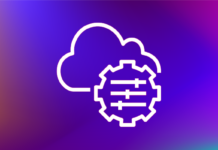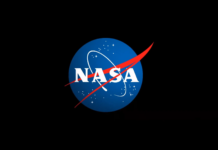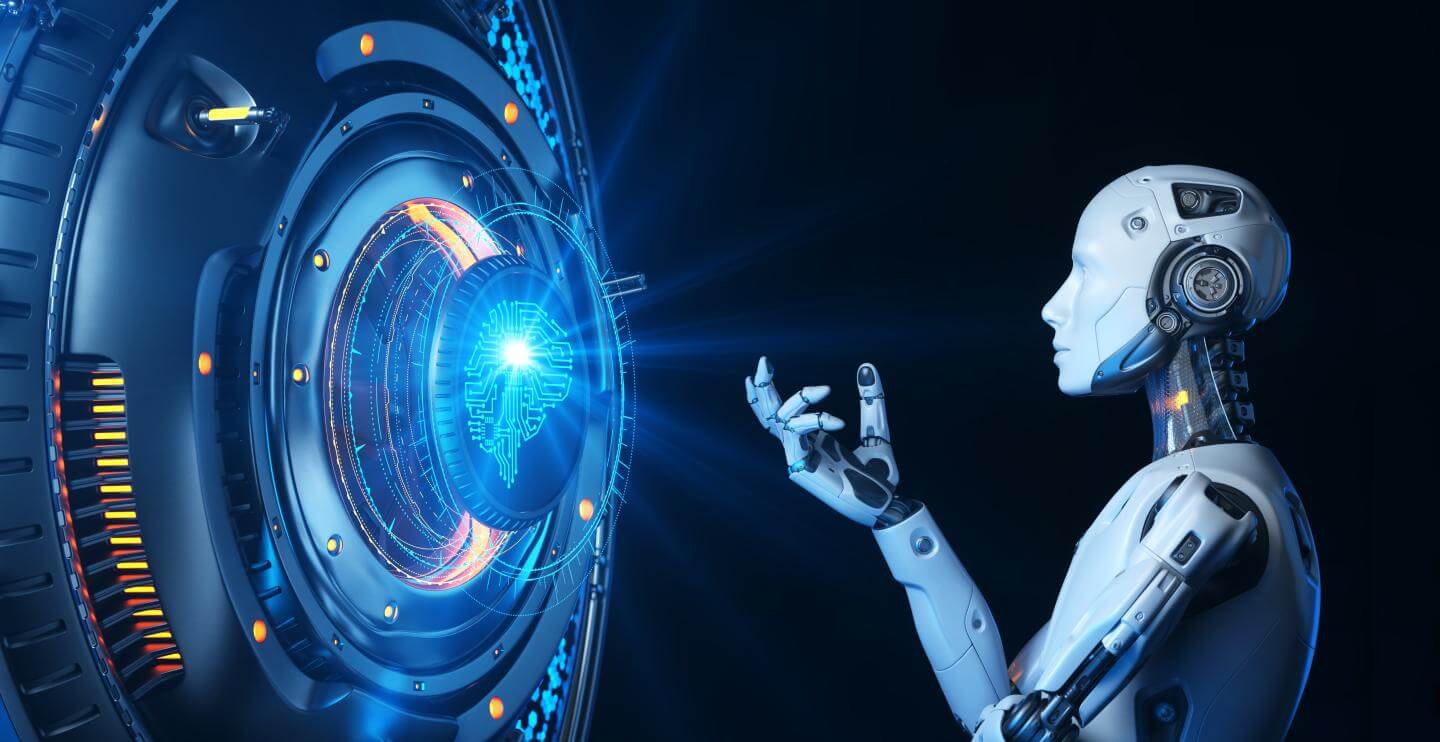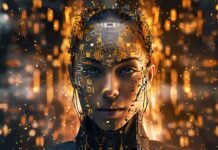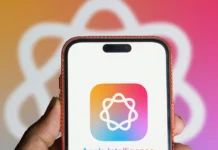In a world where super-smart computers, called AI, are getting super good at doing all sorts of things, we might wonder: Who’s smarter, people or AI? It’s a cool question that makes us think hard about what it means to be clever.
People have been around for a really, really long time – millions of years! Our brains have had lots of time to get super good at different stuff. We can think in fancy ways, be creative, understand feelings, and handle changes. That’s why we can create amazing art, explore tricky science things, and build big, cool communities. Our smarts come from learning, adapting, and connecting with each other. We make deep bonds that make us human.
Now, let’s talk about AI. AI is like a brain that people make with computers. It’s pretty amazing, too! It’s super speedy at crunching numbers and spotting patterns. It can look at huge piles of information and find things we didn’t even know were there. It’s also super precise, so it’s great for tasks that need perfection, like doing the same thing again and again without mistakes. But here’s the coolest part – AI can keep learning and getting better all the time.
So, instead of a big showdown between people and AI, we can think of it as cool teamwork. People bring their creativity, emotions, and adaptability to the table. AI brings its number-crunching skills, accuracy, and a strong learning spirit. Together, they can do some pretty awesome stuff. For example, ExpressVPN in a blog post shared that famous AI labs, such as Google, Sony, and Microsoft, developed an approach that enables software to conquer complicated board games and immersive video games masterfully.
One place where this teamwork shines is in games. Games are like fun challenges that people and AI can play together. AI can be a tough opponent in games like chess or video games. It’s really good at figuring out the best moves and giving us a real challenge. Plus, games are a great practice ground for AI. They learn and get better, which can help us with other cool things like self-driving cars and helping doctors diagnose illnesses.
So, when we ask, “Who’s smarter, people or AI?” the answer isn’t a fight. It’s about how people and AI can be super-smart buddies, making the world more awesome together.
Alos Read- Future Of Artificial Intelligence – 8 Ways It Will Change The World
Human Intelligence: The Gift of Evolution

Human intelligence, the culmination of millions of years of evolution, is a complex tapestry of creativity, adaptability, and emotional depth. It enables us to think abstractly, invent, express our feelings, and evolve as a species. Our creativity has led to art, science, and innovation. Our emotional intelligence fosters empathy and understanding, allowing us to form deep connections. Our adaptability enables us to thrive in ever-changing environments.
AI’s Strengths: A New Dawn
On the other side of the spectrum, AI is redefining what’s possible. It boasts unrivaled data-processing abilities, excelling in tasks like pattern recognition and rapid calculations. AI tirelessly combs through colossal datasets, revealing insights that were once inconceivable. It is precise, reducing errors in repetitive tasks. Most importantly, AI is a tireless learner, continuously evolving through algorithms like reinforcement learning.
A Win-Win Partnership
Rather than a contest, the interplay between humans and AI is a partnership. Humans bring creativity, ethics, and adaptability to the table, while AI offers precision, processing power, and tireless learning. Together, they forge a formidable synergy.
AI’s Playground: Games
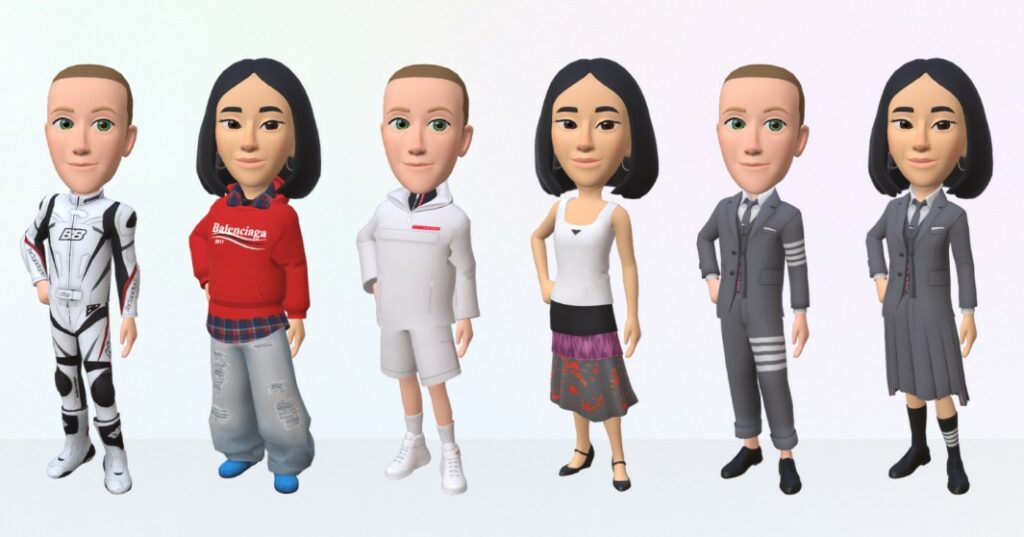
One of the arenas where AI’s potential shines is gaming. Games offer the perfect landscape for AI training due to their:
1. Complex Decision-Making: Games often present intricate decision trees, requiring strategic thinking. AI can explore countless possibilities, making real-time strategic moves that challenge even seasoned human players.
2. Continuous Learning: Games provide a controlled environment for AI to learn, adapt, and improve continually. Algorithms like reinforcement learning allow AI agents to refine strategies through trial and error.
3. Real-World Applications: Skills honed in games have tangible real-world applications. For instance, AI trained in virtual environments can seamlessly transition into the real world to assist with autonomous driving, logistics, and even medical diagnostics.
4. Pushing Boundaries: Game developers actively seek AI’s ability to create dynamic, challenging, and engaging gaming experiences. This partnership fuels innovation and keeps the gaming industry at the forefront of AI advancements.
So here comes our article to an end, hope you like reading our article. To conclude, when we ask, “Who’s smarter, people or AI?” the answer isn’t a fight. It’s about how people and AI can be super-smart buddies, making the world more awesome together.
Also Read- How To Create A Basic Game From Scratch With ChatGPT And AI (Python)




















